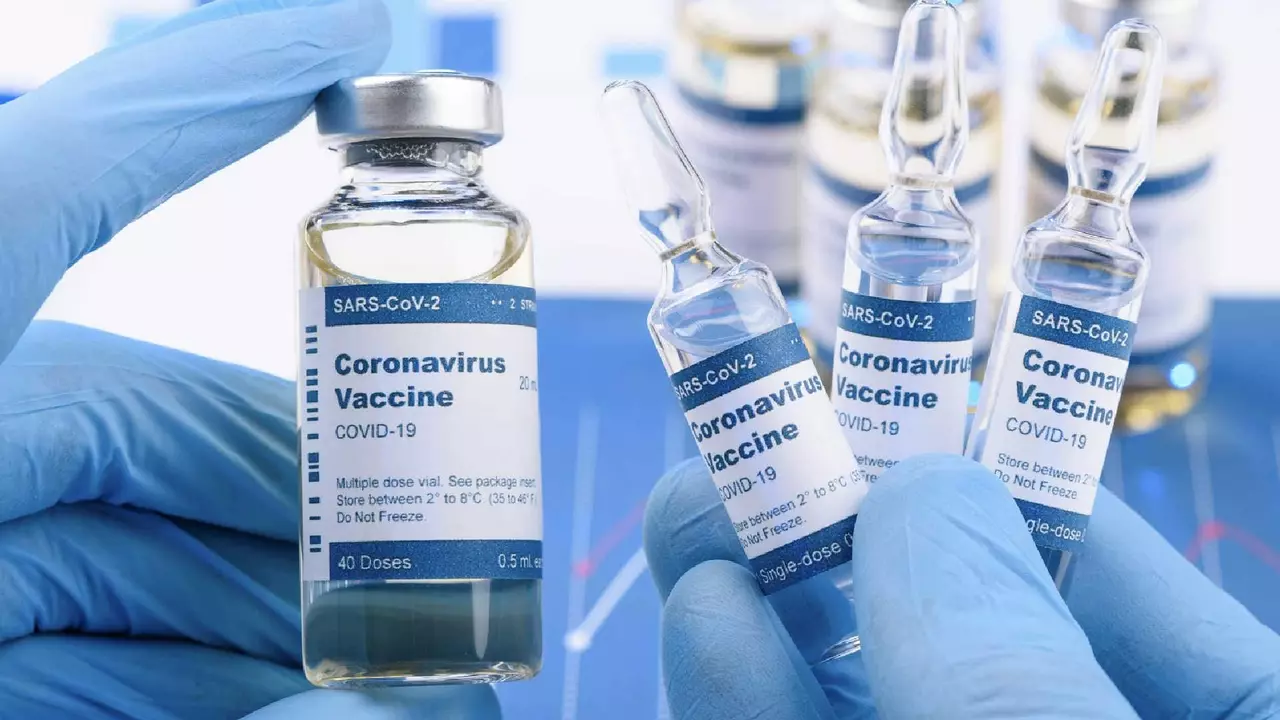Right Dose: How to Find the Correct Medication Amount
Getting the right dose can make the difference between feeling better and feeling worse. The dose isn’t random — it’s chosen based on your age, weight, health conditions, and the drug’s effects. Here I’ll give straightforward steps you can use today to check if your dose is right and what to do if it isn’t.
Why dose matters
A dose that’s too low might not help your symptoms. A dose that’s too high can cause bad side effects. Some drugs have a narrow safety window, so small changes matter. For example, blood thinners, some diabetes drugs, and certain heart medicines need careful monitoring. If you take one of those, frequent checks and clear instructions from your provider are crucial.
Also remember that your body changes. Weight, kidney and liver function, and other medicines you take all change how a drug works. That’s why a dose that worked last year might not still be right.
How to tell if your dose needs adjusting
Watch for three things: how well your symptoms are controlled, side effects, and lab results when required. If pain or symptoms don’t improve after a reasonable time, the dose might be too low. If you get new or worsening side effects — dizziness, nausea, confusion, abnormal bleeding — the dose could be too high.
Some meds need blood tests. For example, warfarin needs an INR, and some anti-seizure drugs need levels checked. If your lab numbers are outside the target range, your provider will likely change the dose.
Don’t guess. If you’re unsure, call your prescriber or pharmacist. They can tell you whether to change the dose, wait, or get tests. If a pharmacist warns about interactions with new over-the-counter meds or supplements, take that seriously.
Special groups need extra care. Kids get doses by weight, so adult pills aren’t automatically OK. Older adults often clear drugs slower, so doses are commonly lower. If you’re pregnant or breastfeeding, drug effects and safe doses can change — ask a specialist.
Finally, stick to the plan. Take your medicine exactly as prescribed. Keep a list of all meds, including supplements, and bring it to appointments. If you miss a dose, follow the specific instructions on what to do next — don’t double up unless told to.
Finding the right dose is a team job: you, your prescriber, and your pharmacist. Be proactive: report problems early, ask for clear targets (like symptom goals or lab ranges), and agree on when to follow up. That simple approach keeps treatment effective and safer.

Trospium Dosage: Finding the Right Dose for You
As a blogger, I recently researched Trospium dosage and the importance of finding the right dose for oneself. Trospium is a medication used to treat overactive bladder symptoms, and it's crucial to adhere to the prescribed dosage for optimal results. Factors like age, medical history, and kidney function can impact the appropriate dosage, so it's essential to consult a healthcare professional. Remember to always follow the prescribed schedule and not to adjust the dosage without consulting your doctor. Stay informed and proactive about your health to ensure the best results with Trospium.
Read more